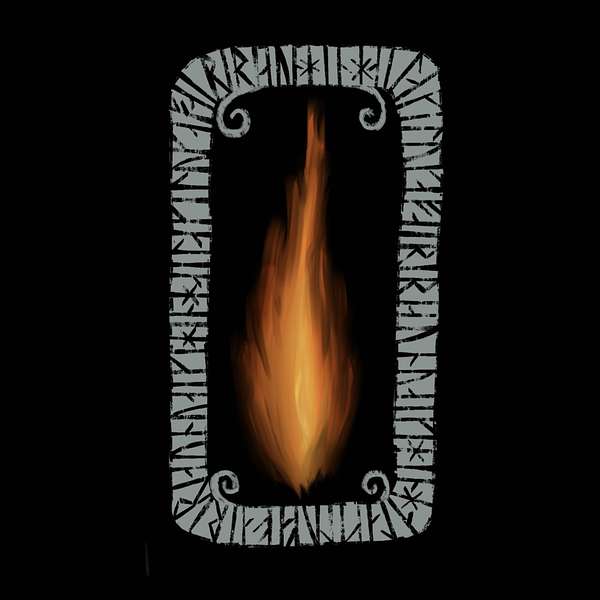
The Sacred Flame
The Sacred Flame Podcast explores our ancestral story-worlds: the ancient foundation narratives that helped guide our ancestors in life. In this podcast, we reinvigorate the modern world with those stories and bring us back to a place of balance through an archaic revival, a new force that is sourced from the old, forgotten knowledge that was once transmitted in living stories in sacred settings. We gather by the sacred flame and revive the old ways of creating community in the world; by listening to nature and reestablishing the ties that let us realize that we are connected with everything that exists.Our ancestors knew that cultivating the right relationships with the other-than-human beings in the world is the key to living a good life. In this podcast, I am retelling and reconnecting the Nordic story-world with our current reality and offering my thoughts on how you can use these stories to reflect on what it means to exist in the modern world.
The Sacred Flame
The Eternal Return: we live, we die, we live again
The Eternal Return ensures that we always come back to this particular moment in history. The notion that time recurs and we return to the same moments in time has been present in European philosophy since Pythagoras and was an important aspect of Stoic philosophy. We live, we die, we live again. The Eternal Return is certainly also a cultural phenomenon, which stipulates that the human ages will return, moving through cycles of ups and downs. The sociologists William Strauss and Neil Howe have proposed a theory of generations and temporal cycles in the book "The Fourth Turning: An American Prophecy - What the Cycles of History Tell Us About America's Next Rendezvous with Destiny." They propose that four archetypal generations are born in each saeculum (a natural century, c. 85 years). Of these archetypal generations, the hero generation is the one that oversee the restructuring of society after it has unraveled and been through a crisis. In this episode, I investigate this concept of turnings, cycles, and generations in context of Germanic, Roman, and Hunnic peoples in ancient Europe, and offer some thoughts on what the ancient saecula mean for us today.